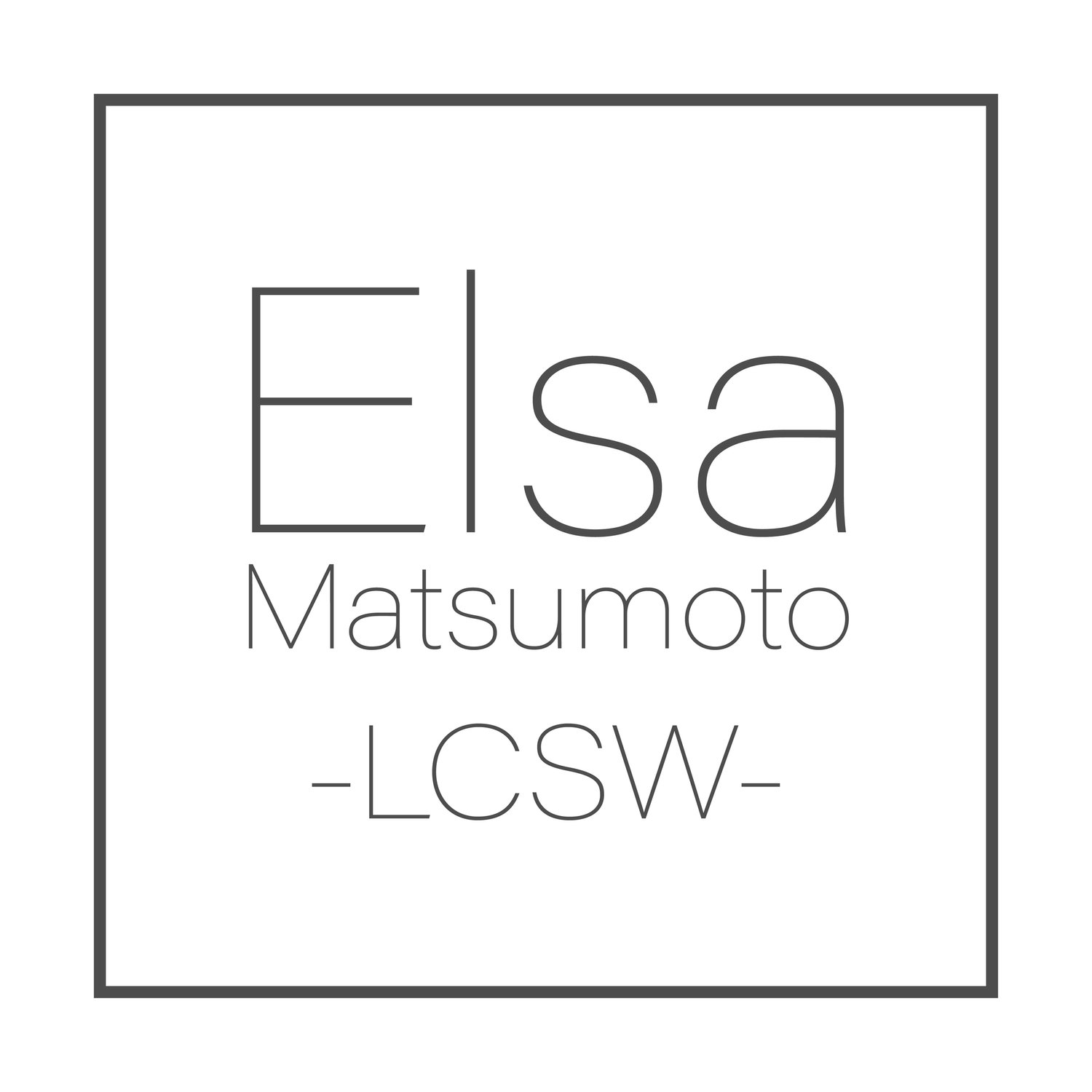Ofrendas: Honoring Our Loved Ones Through Strength-Based Story Telling
As a first-generation Mexican-American therapist, I often reflect on the ways our culture offers us tools for healing that are not evidence-based but are effective. One of the most meaningful and powerful traditions we have is the ofrenda—an altar built to honor our loved ones who have passed. For many of us, this practice is a way of connecting to our ancestors, and it serves as a beautiful, strength-based way to navigate grief and loss. It's not just about remembering those who have died, but about celebrating their lives and continuing their story.
Ofrendas as Storytelling
Growing up, our ofrenda was up all year round. Pictures of our loved ones stood next to La Virgen de Guadalupe that my mom bought from la línea in Tijuana, candles, and a glass of water for their long journey back home after their visit. Each item placed on the altar—whether it's a photo, a candle, or a glass of water—was placed with intention. It's through our memories that we keep their spirit alive, and we're reminded of their strength, their joy, and the ways they shaped who we are.
As a therapist, I see this storytelling as a strength-based practice. It honors the pain and sadness that comes with grief while acknowledging life's beauty. We're not just mourning; we're celebrating. We're highlighting the resilience of our loved ones and the gifts they passed down to us. The ofrenda becomes a reflection of everything that made them special, and in doing so, it helps us feel connected to them, even after they're gone.
A Coping Tool for Grief
For many of us, grief can feel overwhelming, especially when we're trying to balance it with the demands of everyday life. One of the reasons I love the tradition of the ofrenda is because it offers us a way to actively cope with that grief. Creating an ofrenda gives us something concrete to do with our emotions. When we have no words, the act of placing a photo, lighting a candle, or arranging marigolds can be a way to express the love and loss we're feeling.
As I work with clients who are grieving, I often encourage them to explore their own cultural traditions and/or traditions they shared with their loved ones as part of their healing process. For those of us who are disconnected from mainstream approaches to grief, this can feel much more authentic and grounding.
Biologically speaking, recalling the traditions, the pleasant memories with loved ones, can prompt the brain to release the pleasant mood chemicals the body needs to regulate. Sadness is part of grief, and the goal is not to not feel it but to have skills that you can use to regulate and hold both the sadness and the resilience that come with grief and loss.
The Power of Culturally Affirming Practices
In my work, I've seen how important it is for first-generation individuals like myself to have culturally affirming practices to help us through difficult times. Too often, our grief is misunderstood or minimized. The ofrenda is a reminder that grief doesn't have to be something we "get over." It's something we carry with us, but in a way that gives us strength and keeps our loved ones close.
Building an ofrenda allows us to reframe grief as a process of connection, rather than separation. It's an active, ongoing way of maintaining a relationship with those we've lost. We're telling their stories, sharing their favorite foods, and keeping their memory alive, not just once a year, but whenever we feel the need to reconnect.
Healing Through Community and Continuity
One of the most beautiful things about the ofrenda is that it's rarely a solo act. It's a family event, a time for community. In my family, the stories we share while we build the ofrenda often bring both laughter and tears. We're reminded of our loved ones' quirks, the jokes they told, and the lessons they taught us. This shared remembrance is healing—it reminds us that we're not alone in our grief; we have the strength of our ancestors to guide us.
For those of us who are navigating both our Mexican heritage and our American experiences, the ofrenda is also a way to feel anchored in our identity. It connects us to our ancestors and the generations before us, offering a sense of continuity and grounding that is especially powerful when we feel disconnected from our cultural roots.
Conclusion
The tradition of the ofrenda is more than just a way to honor the dead—it's a strength-based approach to healing that we can turn to in times of grief. By focusing on storytelling, celebrating the strengths of our loved ones, and gathering as a community, we're able to process our emotions in a culturally affirming way. In my work as a therapist, I've seen how powerful this practice can be, not only for honoring those we've lost but for healing ourselves in the process. Through our ofrendas, we're reminded that grief is not the end—it's part of the ongoing story of love, connection, and resilience that we carry forward.
Strength-based storytelling helps us focus on the love, wisdom, and resilience of those we honor on our ofrendas. To help guide you through this process, I’m offering a free downloadable worksheet so you can create your own strength-based narrative.

